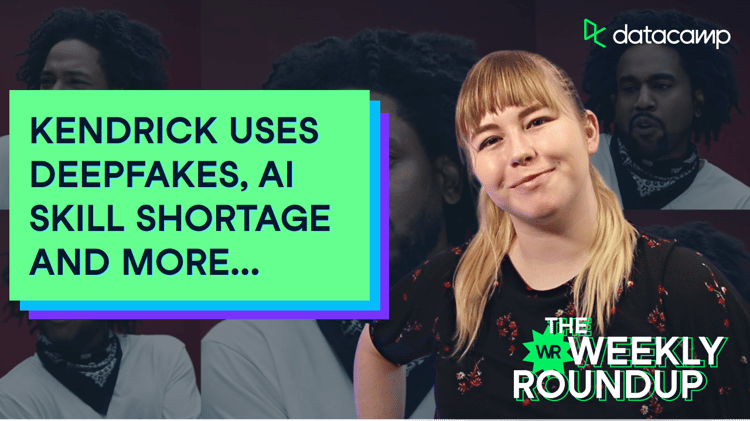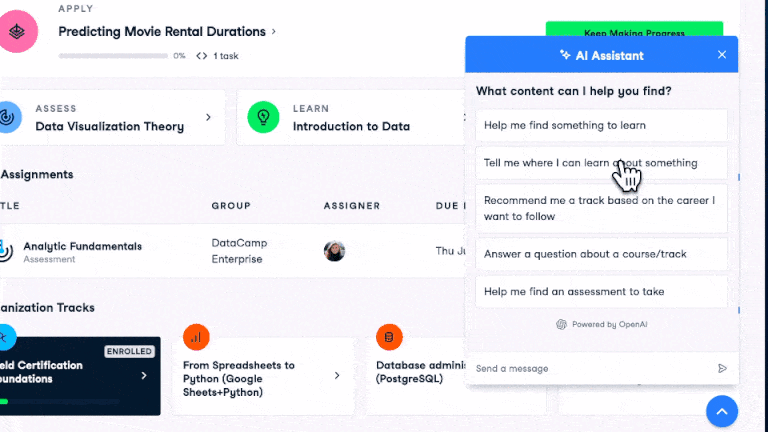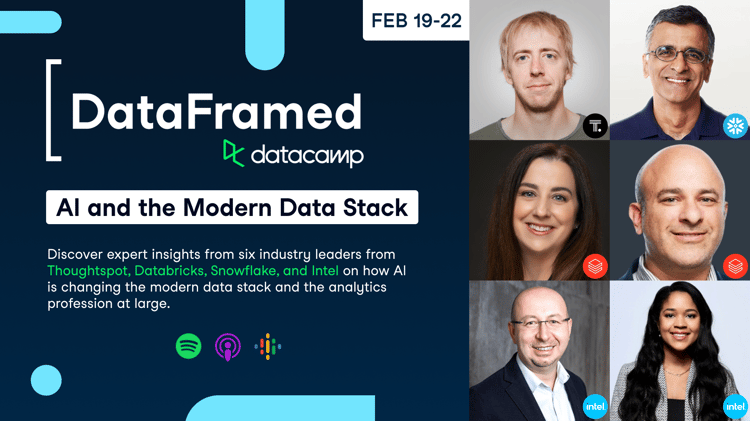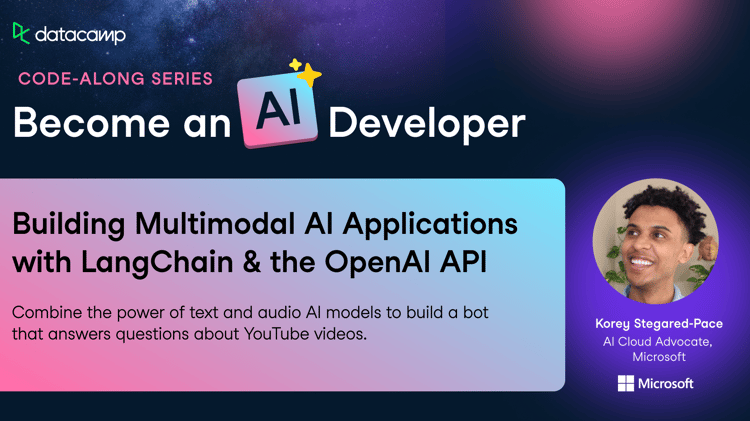Anaconda Releases PyScript
Our first story today takes a look at an exciting new release from Anaconda. On the 30th of April, Anaconda unveiled PyScript - a framework that allows users to fully use Python in their web browser, including features like drop-in content, external file hosting, access to the Python ecosystem, and more, all without the reliance on a server-side configuration. The goal behind PyScript is to allow anyone with a modicum of Python knowledge to ship applications to any hardware and software platform. This is why the team at Anaconda opted for the web browser. Browsers are secure, stable, powerful, and work pretty much everywhere.
In the words of the team at Anaconda, PyScript is just HTML, only a lot more powerful, thanks to the rich and accessible ecosystem of Python libraries. They like to think of PyScript as the “Minecraft of software development”: Users crafting their own worlds (applications) or new blocks and mods (components and widgets), and sharing them with the world.
The key features of PyScript are:
- It allows us to use Python and its ecosystem of libraries (including numpy, pandas, and scikit-learn) from within the browser.
- By using environment management users can decide which packages and files are available when running the page’s code.
- We can develop applications visually with some of the existing UI elements such as buttons, containers, and text boxes.
- We don’t have to worry about deployment as with PyScript everything will happen in our web browsers. As data scientists, we could share HTML files containing dashboards and/or analysis with our stakeholders, who will be able to immediately access them in their browsers without any complicated setup.
The arrival of PyScript means that now, more than ever, the barrier to creating interesting data science web apps with Python has never been lower. Anyone with data science skills in Python will be able to share a data app directly with their stakeholders all without needing to know Javascript or needing to figure out deployment on their own. We've already seen quite a few data scientists try out PyScript in the wild, we made sure to link to these examples below!"
PyScript currently only supports Python, but the long-term goal is to provide support for other languages in the future and make the web a more friendly place for everyone.
World Speed Record for Self-Driving Car
Out next story takes a look at the progress of autonomous vehicles. Not only has Baidu recently secured the first-ever robotaxi license, hoping to deploy driverless taxis on Chinese roads, but the world speed record for a self-driving car has also been set.
The autonomous car, built by a team of researchers from the Politecnico di Milano-PoliMOVE, managed to reach 309km/h (or 192.2mph) smashing through the historic “wall” of 300km/h. The team, who achieved the record at NASA’s Kennedy Space Center airstrip, hope to recreate the result on the Atlanta circuit which is notably not as straight.
The team says that the test run was exhilarating, but that they’re also incredibly excited about how the data generated by the run will be made publicly available, allowing the industry as a whole to benefit from their work and learnings.
Remote Work at Airbnb
Airbnb has joined the multitude of companies introducing remote working measures to give employees more flexibility. The company saw a dramatic increase in productivity during lockdown restrictions and has decided to not only allow employees to work remotely, but has also committed to standardizing pay regardless of location - setting AirBnb apart from other multinational tech firms. As companies learned to adapt to remote work during the pandemic, many people found that they actually preferred working remotely instead of going to the office every day. More and more people are expressing a desire for flexibility with some employees at Apple even threatening to quit if they aren’t able to be fully remote.
The shift to this remote-working style is increasingly becoming a competitive advantage for many employers and data teams today, as employers have a wider access to a range of talent, and workforces enjoy more flexibility and freedom.
While many companies have opted for a hybrid model, there is observable pushback from employees, with 74% of workers saying that the option to work remotely would make them less likely to leave a company.
Machine Learning for Audio Synthesis
In our next story, we’ll take a look at the realm of music production. The rise of TikTok has drawn focus to the role that music and audio content plays in social media, prompting Bytedance, the company backing TikTok, to develop an exciting music production tool that uses machine learning to morph audio signals into emulations of real instruments.
This new plugin called “Mawf” is currently in beta testing and has models for three instruments: saxophone, trumpet, and the Thai khlui. Mawf first uses machine learning to analyze recordings of professional musicians, extracting detailed changes in an instrument’s sound associated with variations in pitch and amplitude.
The system then approximates the sound of these instruments based on a digital input from the user such as a MIDI or synthesizer tracks.
Given the innovations, we’ve seen in other aspects of digital content creation, such as DALL-E 2 generating images, and AI-driven video editing software, it’s no surprise that audio production is also being augmented with machine learning. The content creation landscape of the future certainly looks interesting - we’re taking steps towards a world in which we might be able to say “give me a video of a zebra wearing a hat doing that TikTok trend that sounds like “Nobody’s gonna know...” and an AI might be able to give that to us.
Stay in the loop with the latest data news
To stay in the loop with the latest data news, make sure to subscribe to DataCamp’s Youtube Channel to get your weekly dose of data news roundup.



